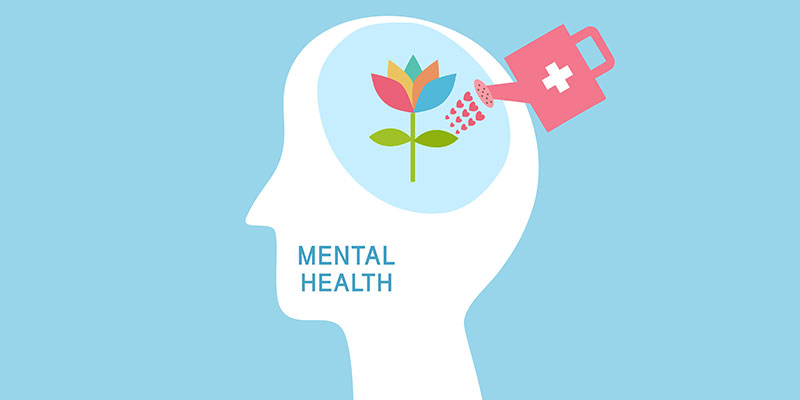By Sarah Yusoff
GOMBAK, 6 February 2021: A vast majority of people worldwide are forced to adapt to the new norms right after the world was slapped by the COVID-19 pandemic early last year that have caused deterioration on the state of mental health among many having to live in self-isolation and suffer from job losses.
Hence, it was felt that there is a greater need to prepare ourselves for the post pandemic phase and look for opportunities to survive and get through the next era right after this pandemic comes to an end.
These were among the issues raised and discussed by psychology scholars and behavioural scientists at the recent forum titled “Managing Mental Health During the COVID-19 Pandemic: Challenges and Opportunities for Post-Pandemic”.
œThe COVID-19 pandemic has affected people on a global scale and posed unprecedented challenges to all of us, the forum’s moderator, Assoc. Prof. Dr. Mariam Adawiah Dzulkifli said when introducing the topic.
Starting off with a discussion on the topic from a clinical psychology perspective, Asst. Prof. Dr. Fahad Riaz Choudhry spoke on ways to build resilience and to manage mental health during the pandemic.
He said this was crucial as most of us were forced to stay at home most of the time, therefore it was essential for every one of us to know how to look after our physical health as well as our mental health.
Dr. Fahad Riaz spoke about stock taking whereby in this context “it means finding time to reflect upon ones life, more so, the lens of focus is on the intra-personal issues”.
œIntra-personal is defined as within a person. Often time, people encounter intra-personal issues. Some of the most common intra-personal issues are low self-compassion, lack of meaning and emotional dysregulation,” Dr. Fahad said.
Further into the discussion, Dr. Fahad explained that “on an effective method, that helps oneself to cope with intra-personal issue.”
œWe can tackle most of the intra-personal issues by applying the 4As – avoid the situation, alter the situation, adapt to the situation and accept the situation, he added.
The forum continued with discussion from the behavioural science perspective by Asst. Prof. Dr. Kanu Priya Mohan where she mentioned about a study which highlighted the behaviour change that is required on a large scale during the pandemic.
She also highlighted another study which stated that the pandemic had caused an impact on the psychological well-being of the most vulnerable groups including children, college and university students, as well as health workers, hence increasing the chances of developing anxiety, depression and other symptoms of distress.
In the discussion, she highlighted on the importance of conducting research as well as the effectiveness of the data, observation and information gained from research which can be used to bring forth many other vital issues that should be focused and talked about, particularly on issues related to mental health of people during the pandemic.
Dr. Kanu said: œBased on my research, a data collected from 21 participants coming from younger age group shows the perceived stress due to COVID-19 and the psycho-social adjustments that were made to study at home and for others to work from home. In addition to that, they also faced anxiety due to social isolation and uncertainty about future jobs.
Dr.rer.net. Arief Fahmie S.Psi, Ma.Hrm., Psi continued the discussion by speaking more on the studies about burnout during the pandemic by using the bibliometric analysis in which he talked more on job satisfaction of employees during the pandemic.
“It is shown that the COVID-19 pandemic had severely impacted the mental health of those working considering the fact they were forced to complete their work task from the comfort of their own home,” he said.
The forum held on Wednesday (3 February) from 10.50a.m until 4.00p.m was conducted via zoom and live streamed on YouTube. ***
